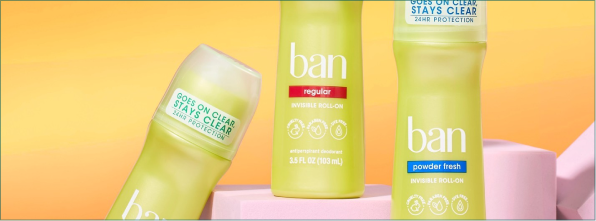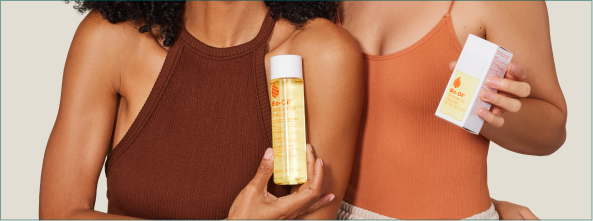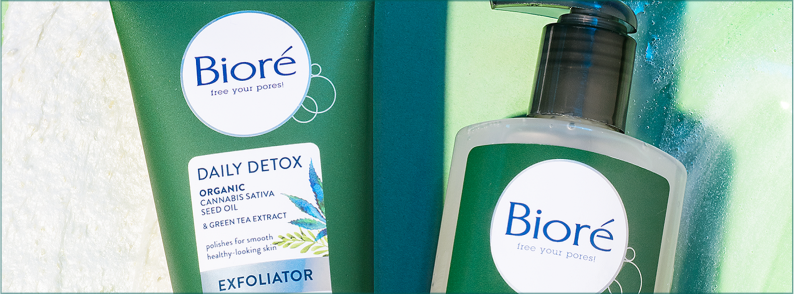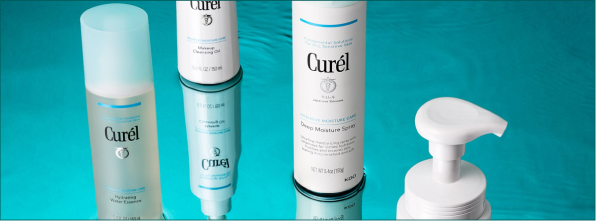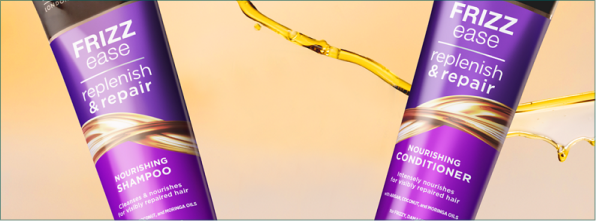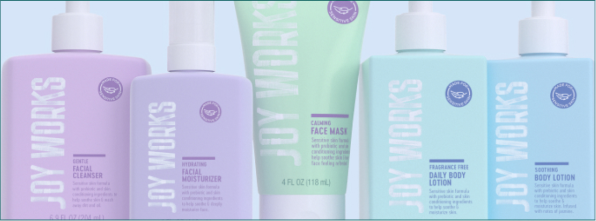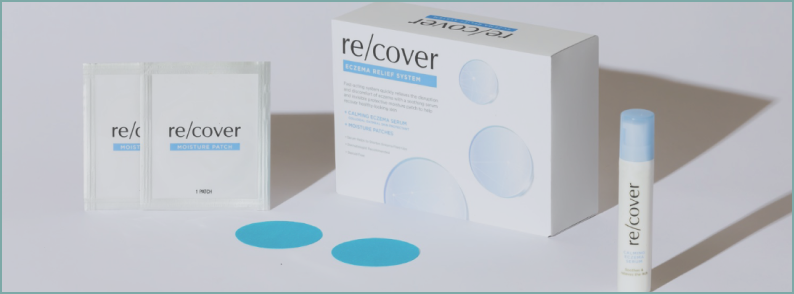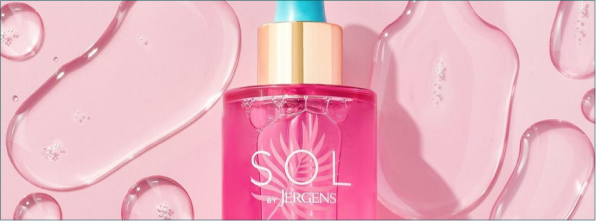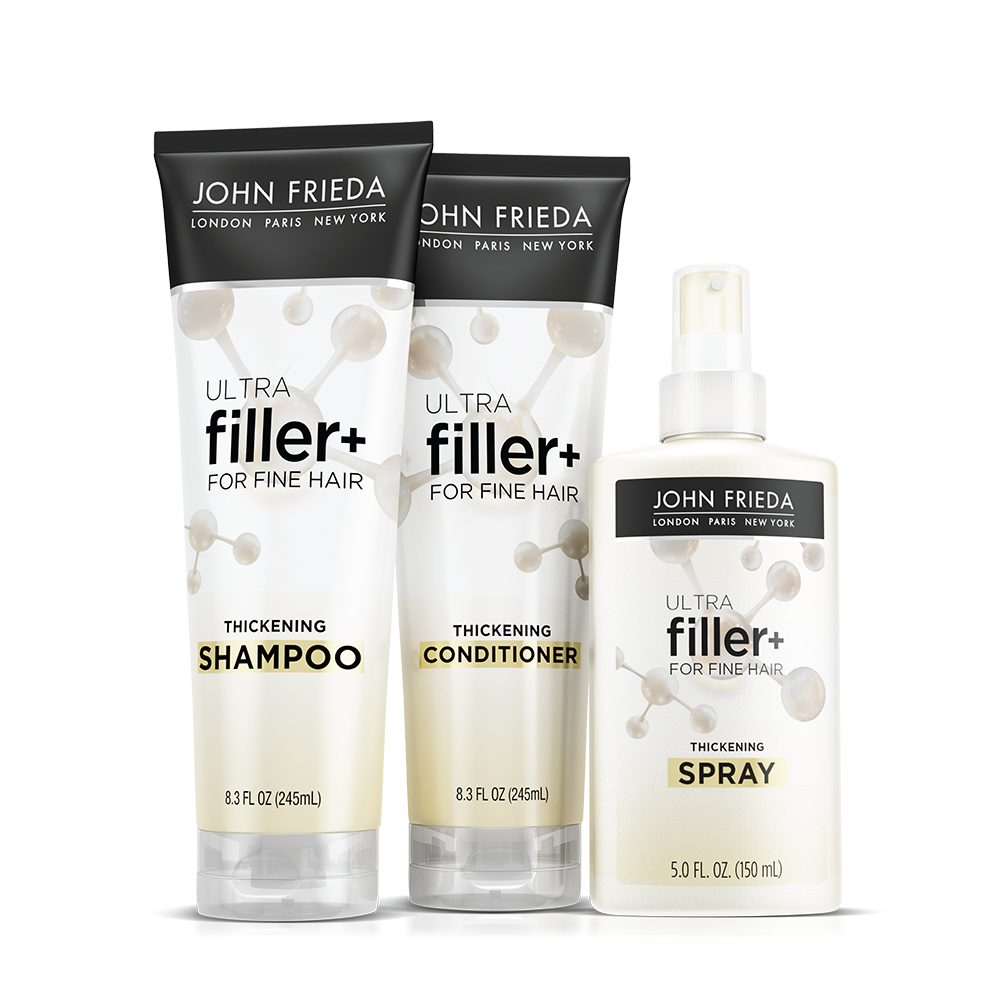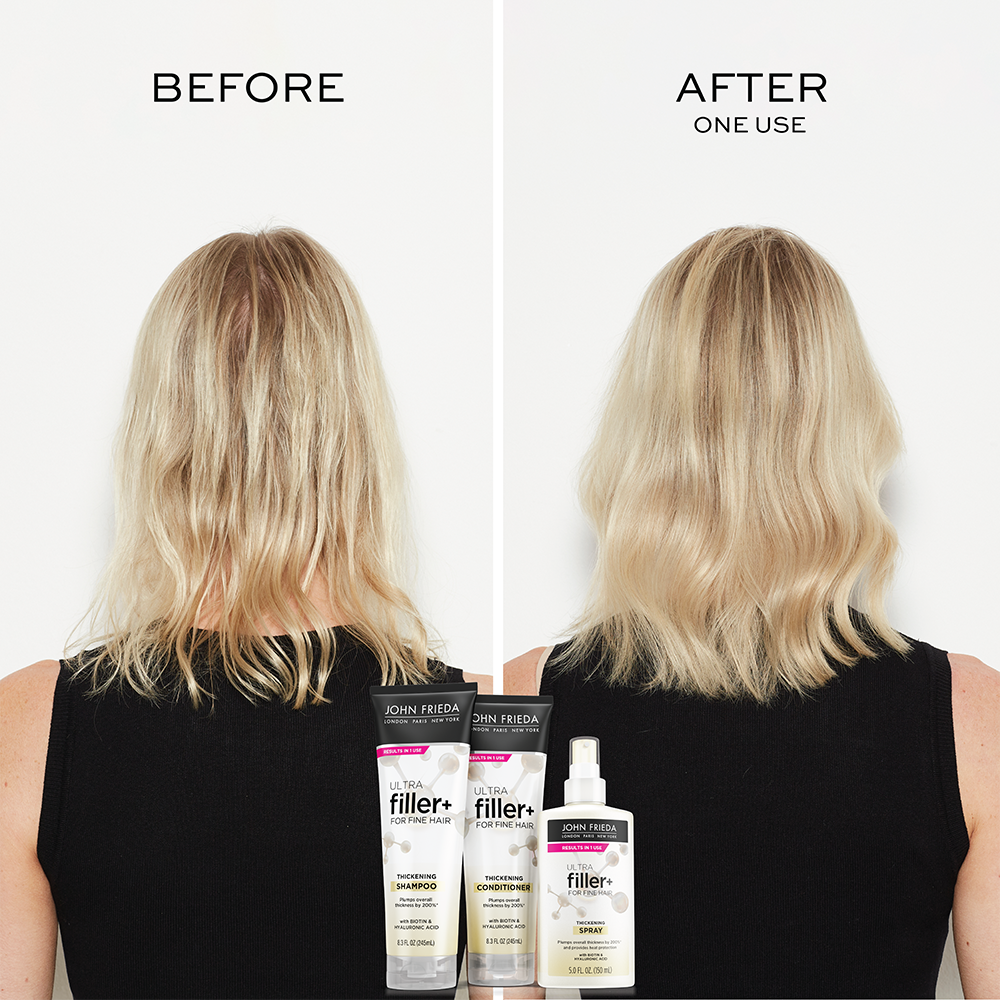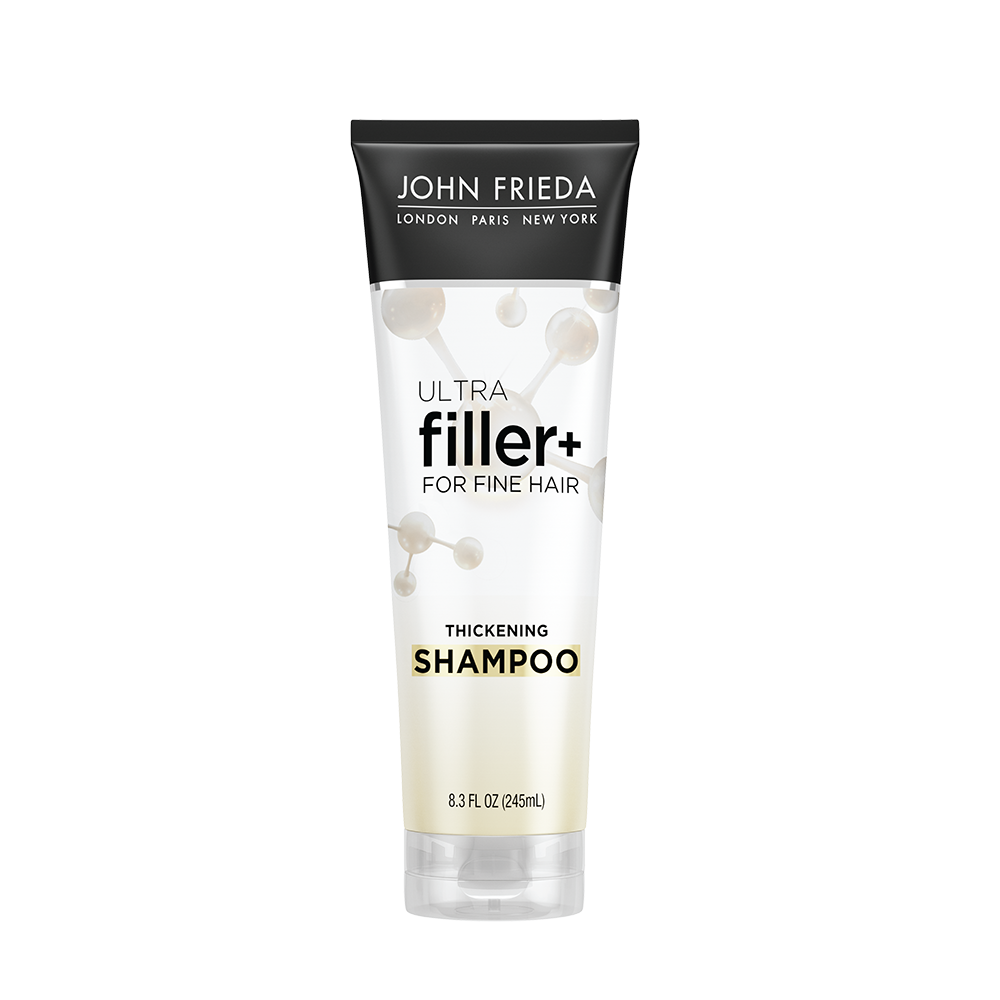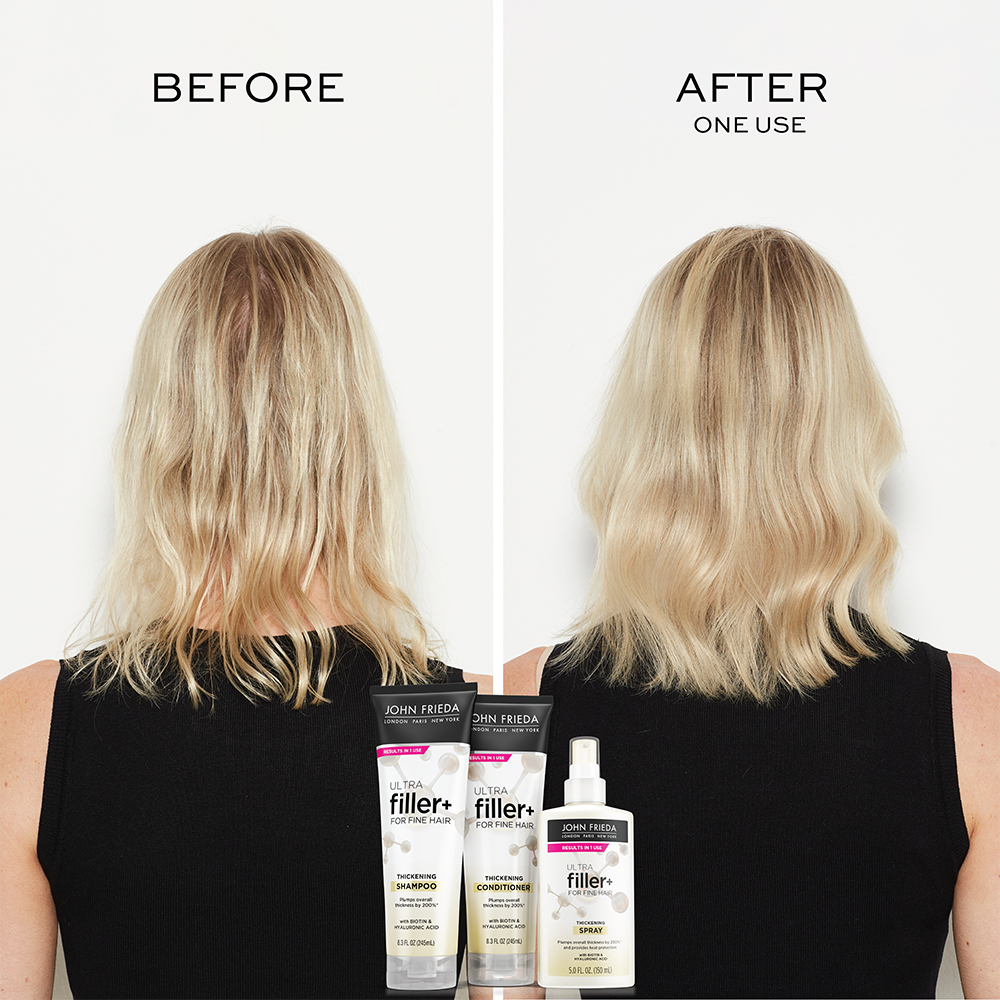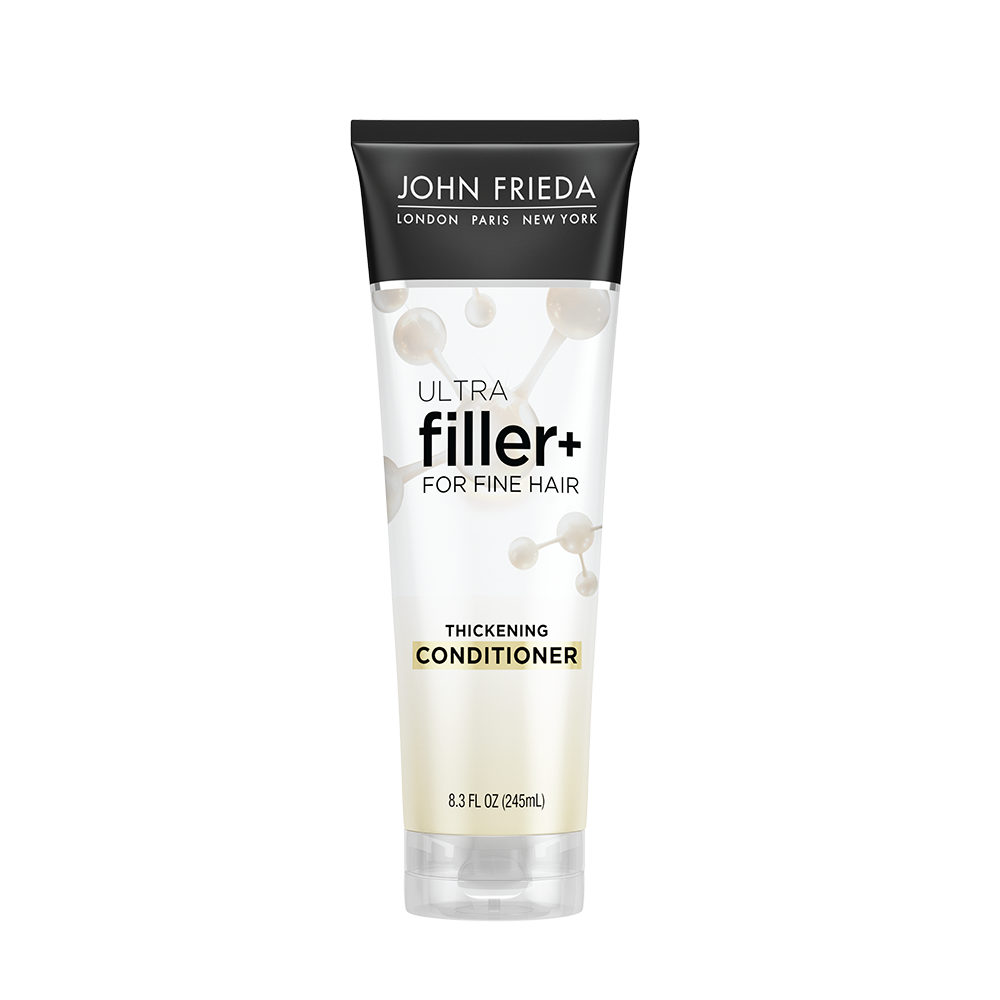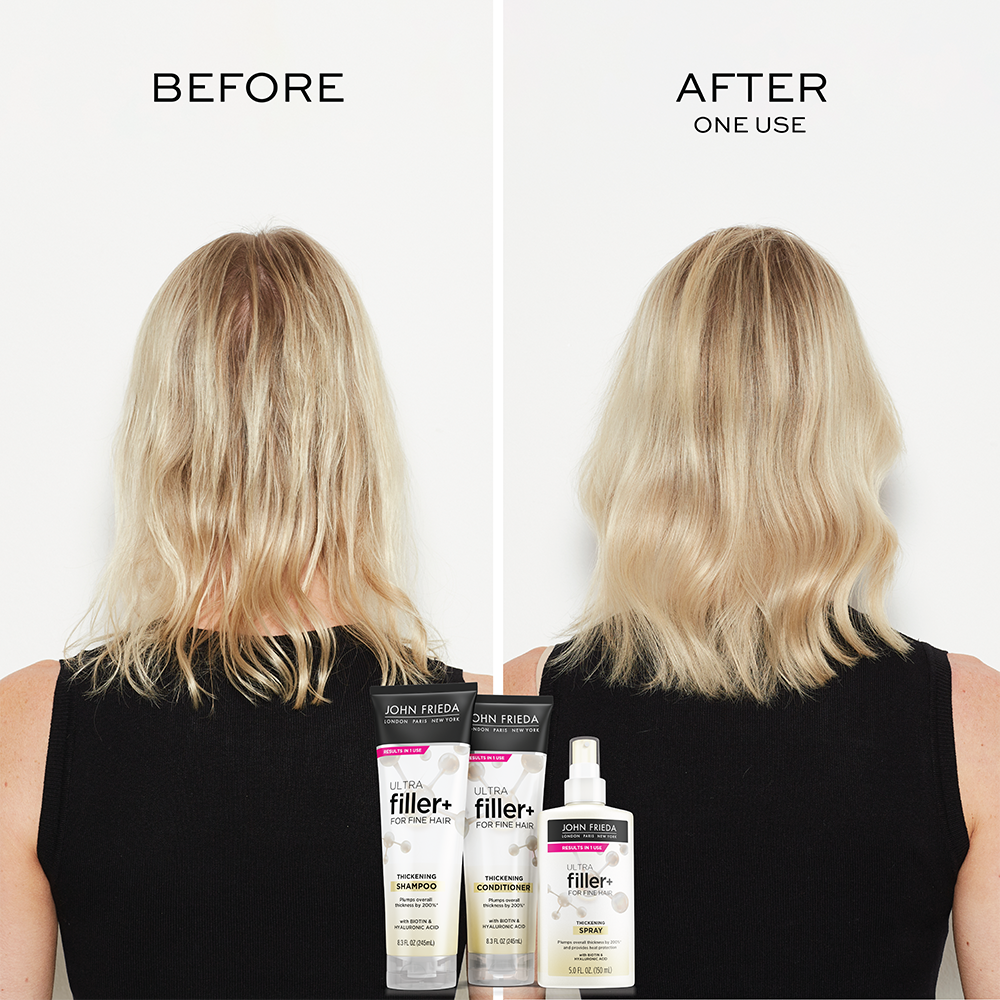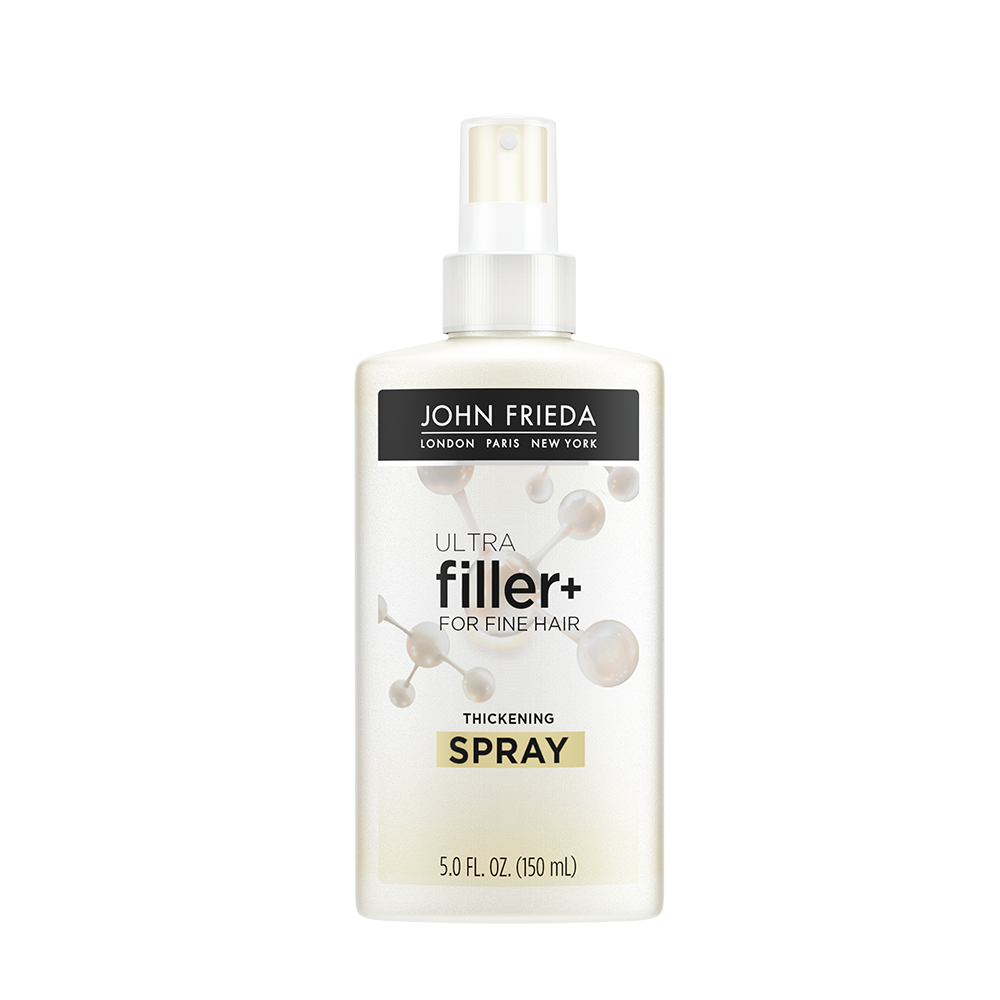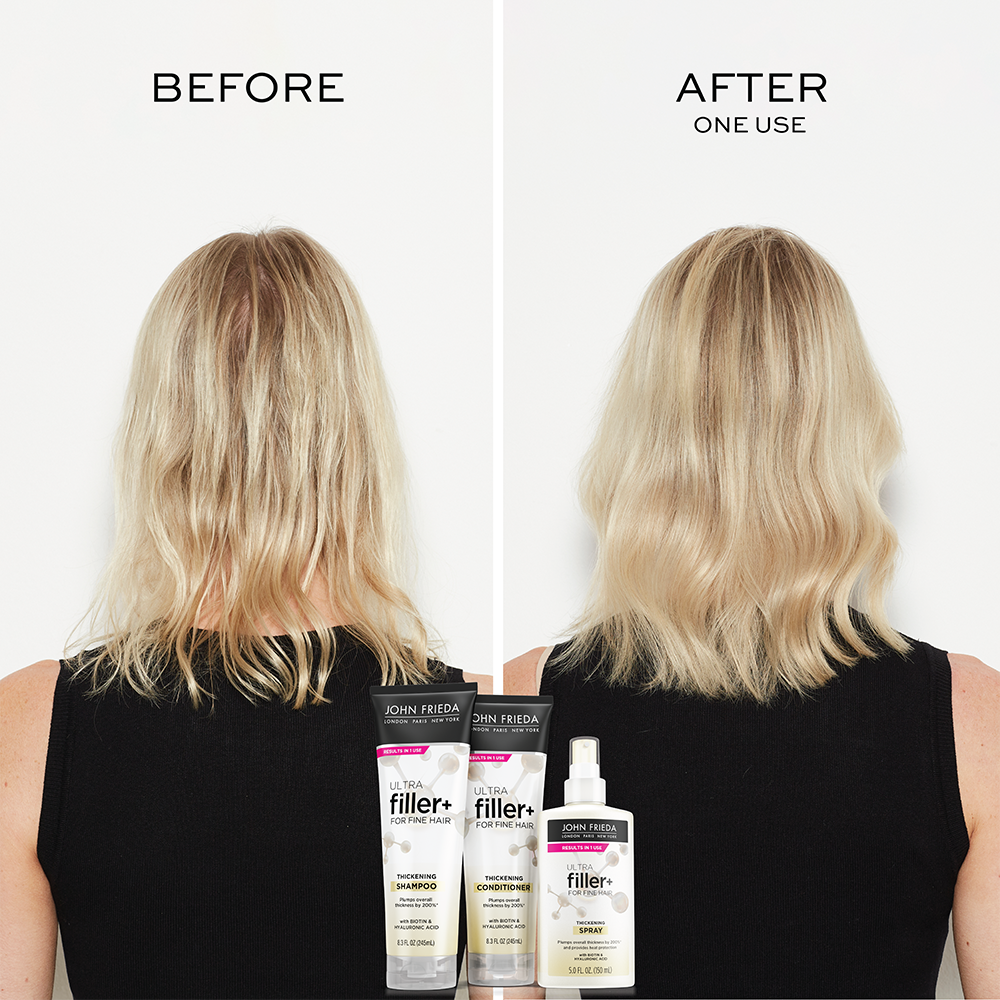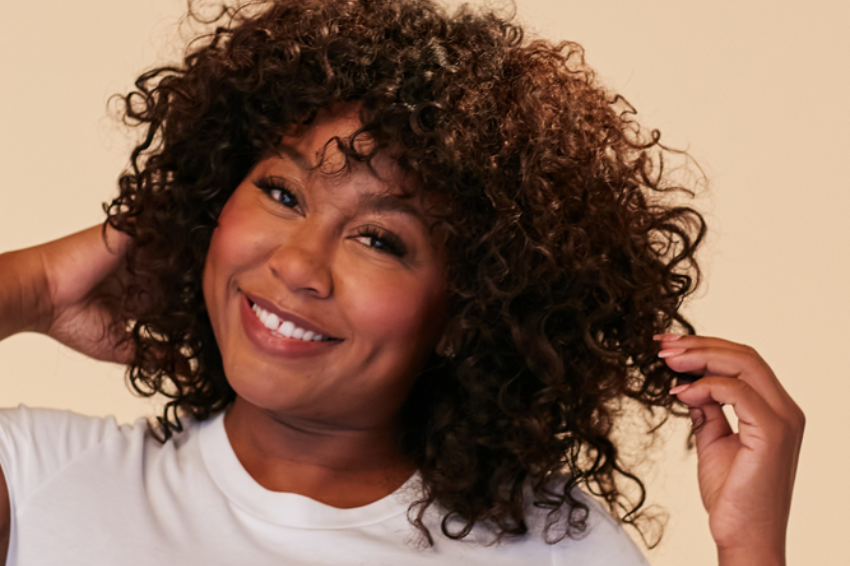IS SILICONE BAD FOR YOUR HAIR?
Is silicone bad for your hair? We’re here to assure you that the answer is no.
Silicone is an ingredient used in a wide variety of hair care products, from shampoos and conditioners to hairsprays and serums. It’s one of the most effective ingredients for taming frizz, locking in moisture, and adding shine.
But what are silicones, exactly? And are they bad for your hair? While you may have been led to believe otherwise, we’re here to assure you that the answer is no. Most hair care formulas (including some of John Frieda's hair care products) use silicones. The John Frieda formulas are carefully crafted to use the right combination for each product and ensure they are non-drying. Rather than avoiding silicone hair products, the trick is knowing how to find the ones that are right for your hair type.
What Are Silicones?

Silicones are synthetic (aka manmade) polymers with hydrophobic properties, which means they help retain moisture by creating an impenetrable seal. In addition to shampoos, conditioners, and styling products, they’re popular ingredients in makeup and skincare, as they help keep the complexion soft and smooth. They also prevent cosmetics like lipstick and foundation from drying out.
Silicones come in many forms, including those you would never put near your hair, like silicone-based sealant caulk. Luckily, the types of silicones commonly used in hair care products — namely Cyclomethicone, amodimethicone, and dimethicone— are significantly less sticky, heavy, and thick.
There are three main categories of silicones: water-soluble, non-water-soluble, and evaporating.
- Water-soluble: As the name suggests, these silicones dissolve in water and wash out of your hair easily.
- Non-water-soluble: These silicones do not dissolve and water and can cause build-up if they are not washed out. But they are still safe to use and effective in hair care.
- Evaporating: They are often added to leave-in products due to their ability to spread throughout the hair and evaporate.
What Do Silicones Do to Your Hair?
Silicones form a thin, waterproof coating around your hair cuticle. This silicone coating keeps your hair hydrated from within while preventing moisture from penetrating the hair shaft and causing frizz.
This silicone coating keeps your hair hydrated from within while preventing moisture from penetrating the hair shaft and causing frizz.
Silicones also protect your hair from damage caused by heat-styling tools such as blow dryers and hot irons. Silicones' slick, glossy texture leaves your locks soft, smooth, and tangle-free. Frizz-fighting shampoos and conditioners typically contain silicones, as do softening and straightening frizzy hair serums.
Is Dimethicone Bad for Your Hair?
Dimethicone is a type of silicone that is often found in hair products. Like most silicones, it coats the cuticle to make it feel smoother. This silicone type is safe for hair, just like the other silicones commonly found in hair care.
Do Silicones Cause Build-Up?
The most common complaint about silicone-based shampoos and conditioners is that they can weigh hair down, especially if it is thin or fine. This build-up tends to happen to people who wash their hair frequently and can be avoided by limiting the number of times you shampoo and condition your hair per week.
This build-up tends to happen to people who wash their hair frequently and can be avoided by limiting the number of times you shampoo and condition your hair per week.
If you’re committed to shampooing daily, that’s fine, too — switch up your products and use a silicone-free shampoo once or twice a week. You can also limit the number of times a week that you condition your hair.
While silicones can cause build-up, the reason for that build-up is often using too much of a product and not washing it out all the way. Make sure to use leave-in silicone-based products, like serums, in moderation and only apply a dime-sized amount to your hair. For silicone-based shampoos and conditioners, make sure to rinse them out completely.
Should You Use Silicone-Free Shampoo and Conditioner?
Shampoos and conditioners formulated with silicones are perfectly safe for your hair. They’re especially beneficial if you have dry, curly, and/or frizzy hair, as they help smooth the hair shaft, seal the cuticle, and prevent it from absorbing humidity.
Who Should Use Silicones? Who Should Avoid Them?
Everyone’s hair is unique and responds differently to things like heat, humidity, and hair care products. There is no need to avoid silicone in your hair products altogether, especially since many hair products are formulated with some silicone. The key is to figure out what type of hair product, with which type of silicone, works better for you.
If You Have Coarse, Thick, Dry, Curly Hair: Most silicone-based products are ideal for people with coarse, thick, dry, or curly hair (or any combination of those). If your hair is dull and lifeless, and you feel like you’re constantly fighting frizz, a silicone-based serum applied to soaking-wet hair will tame your mane, add shine, and infuse your hair with hydration.
If You Have Straight, Fine, Thin Hair:People with straight, fine, or thin hair can also benefit from silicone-based products, particularly if they’re formulated with Cyclomethicone, which is one of the lightest forms of silicone commonly found in hair products. Cyclomethicone is water-soluble, which means it washes out easily and leaves behind minimal product buildup. But even heavier, non-water-soluble types of silicones, like amodimethicone and dimethicone, can be washed out over several shampooings. So, it is not as much about avoiding silicone but using the products in moderation and washing thoroughly.
A little goes a long way when it comes to silicone-based hair products. This is especially true with serums — all it takes is a dime-sized amount rubbed between your palms to achieve maximum softness and shine. Often, when people complain about the heaviness of silicone products, they’re applying too much. These products are meant to be used sparingly — and they'll last much longer as a result!
The Bottom Line: Silicones Are Safe
Even though they're manmade, silicones are perfectly safe and do not cause damage to the hair shaft. They are safe for human use and safe for the environment. And better yet, they have amazing moisturizing and smoothing capabilities, can protect hair from heat damage, and are one of the most effective compounds for fighting frizz, adding shine, and improving manageability. The best way to use a silicone-based hair care product is to take your hair type into account and use it sparingly. If your hair starts to feel heavy or weighed down, use a clarifying shampoo to provide a deep cleanse and wash away product buildup.
